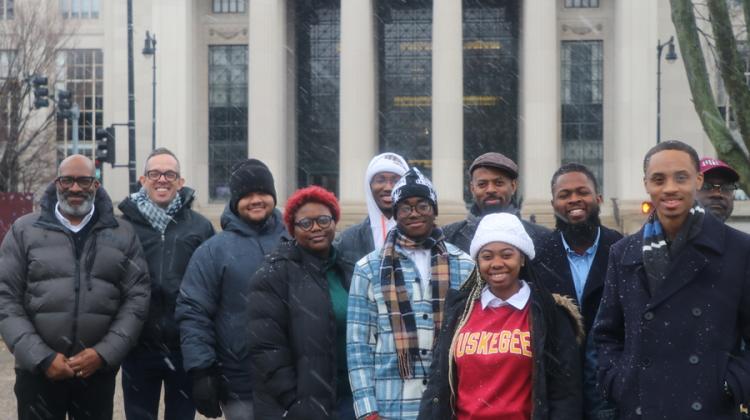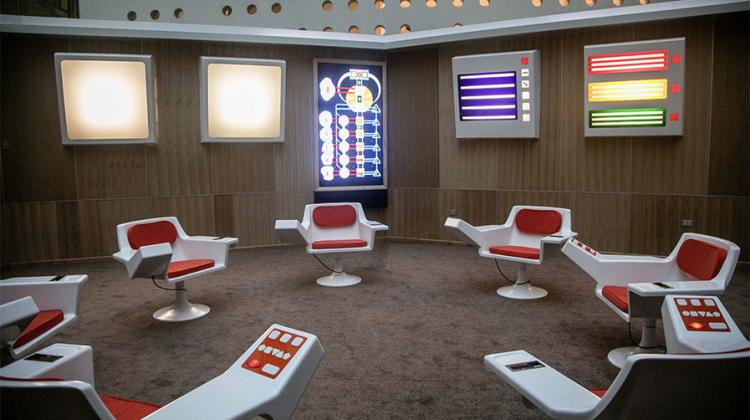Architecture Design Option Studio: Space Architecture — (Tibbits)
With the proposed de-orbiting of the International Space Station in 2030 and the coinciding rise in commercial space flight operations, it is clear that human habitation of Low Earth Orbit (LEO) will dramatically increase, stimulating the design of human environments beyond earth. With NASA’s Artemis program, the surface of the Moon will once again harbor human activities, over fifty years after the final Apollo mission. It is imperative that we design the future of space architecture with not only the best technology and functional performance but also with a primary focus on the human dimension: social, cultural, ecological, and aesthetic values. Up to now, very little of the environments of space exploration have been designed primarily for human experience; rather, they are focused purely on performance and safety. Yet how, and even why we live in space is now a question open to the design fields in collaboration with engineering and others.
MIT has been home to innovation and a leader in human space flight since the 1960s; its graduates have provided over 15% of US astronauts, and its labs and workshops have constructed key technologies from the Apollo era to the present day. At the intersection of this experience and MIT’s current values lies essential work on how we will live in the future – in space and on earth.
The Space Architecture Options Studio will pilot a new undertaking in interdisciplinary design for space habitats by bringing together students from across MIT to imagine, design, prototype and test the future of Space Architecture. This studio will be run in parallel with Architecture/MArch, Aero/Astro Space Systems Engineering class and the Media Lab Space Exploration Initiative’s Operating in the Lunar Environments class. There will be shared lectures and activities, with the goal of bringing together students with varied backgrounds to create a synergy that will hopefully lead to new ideas about human habitation and activities on the Moon.
It is at the edges of the possible where we find important lessons for what we need to do here on earth.
Mandatory lottery process.




